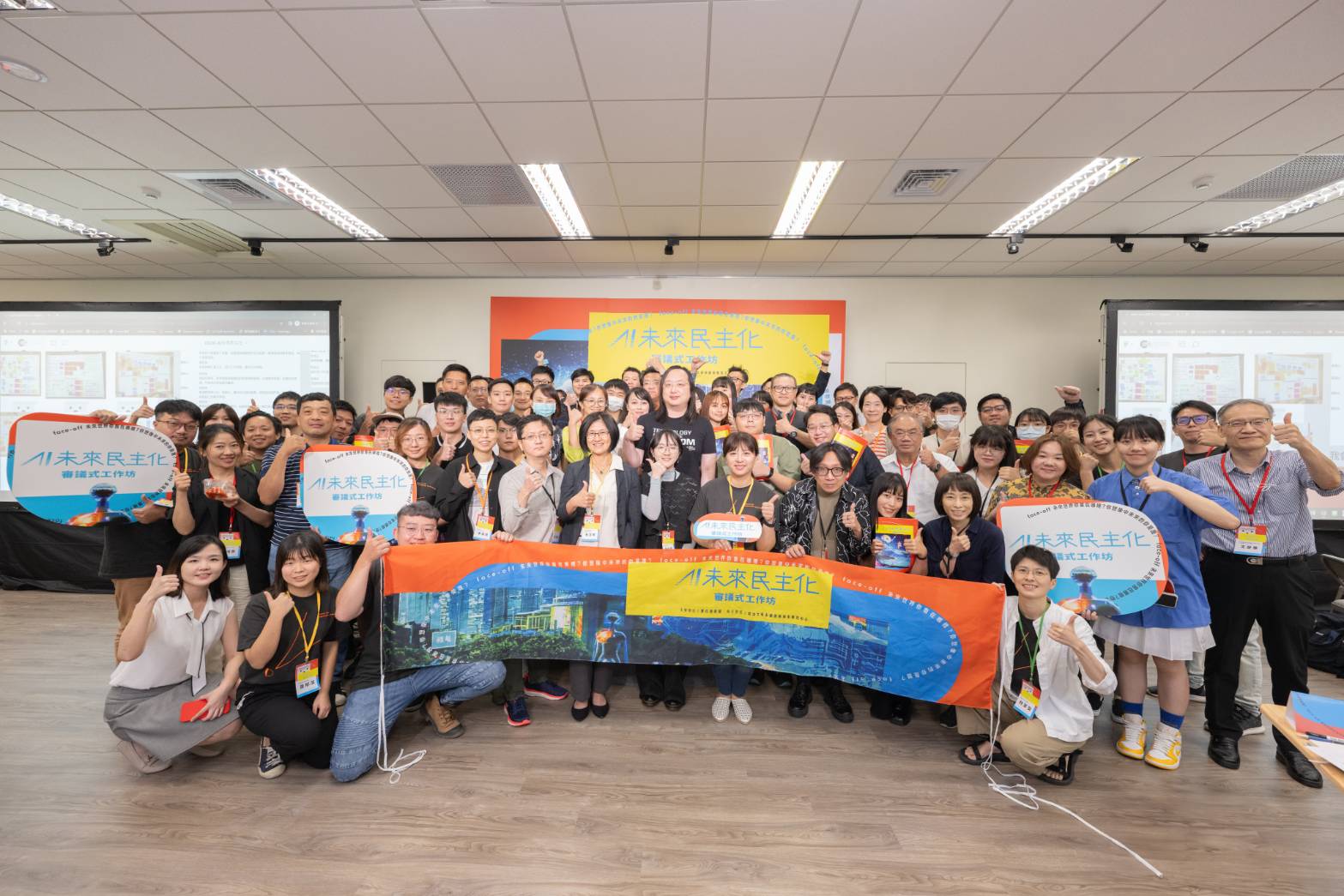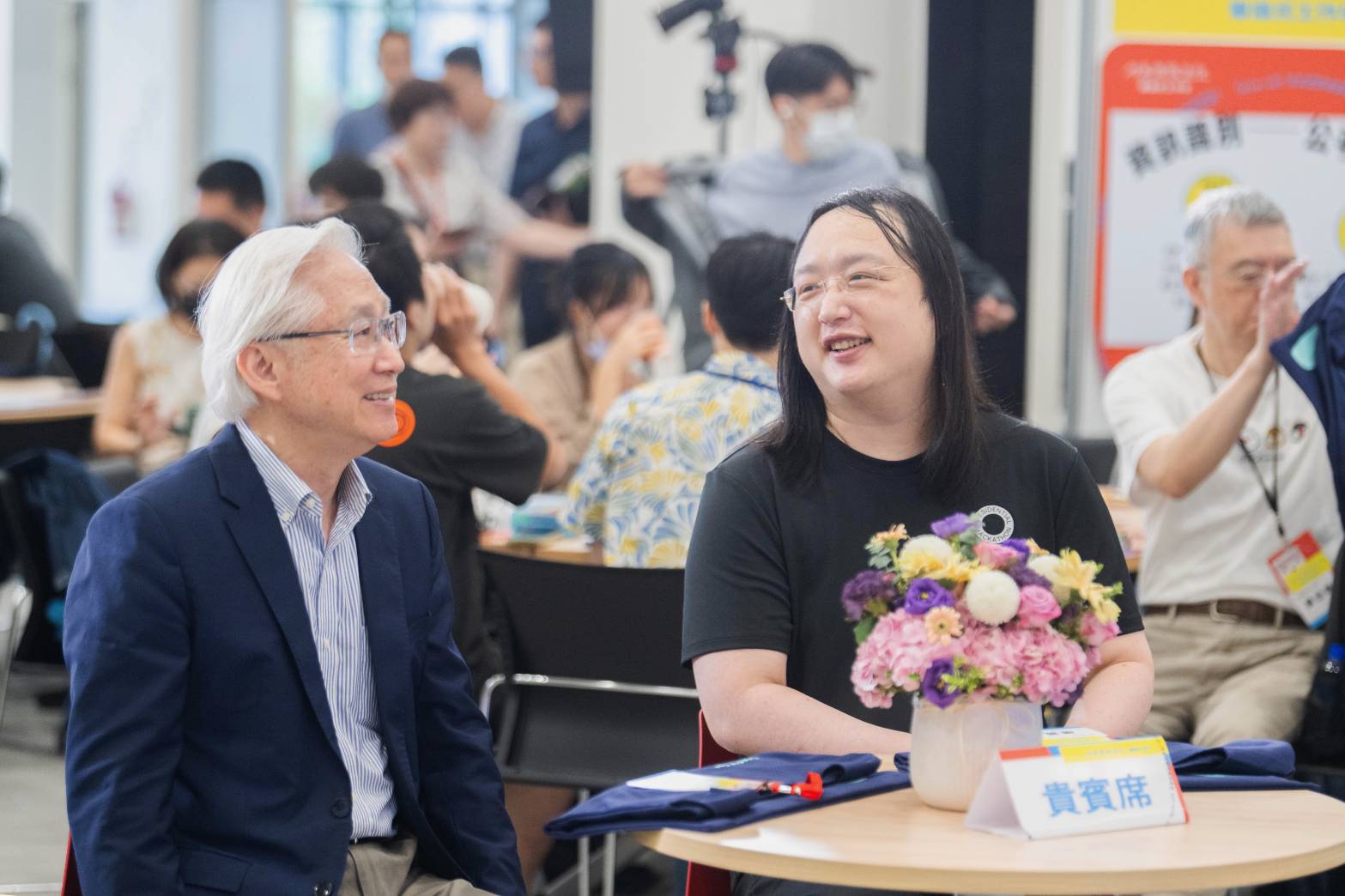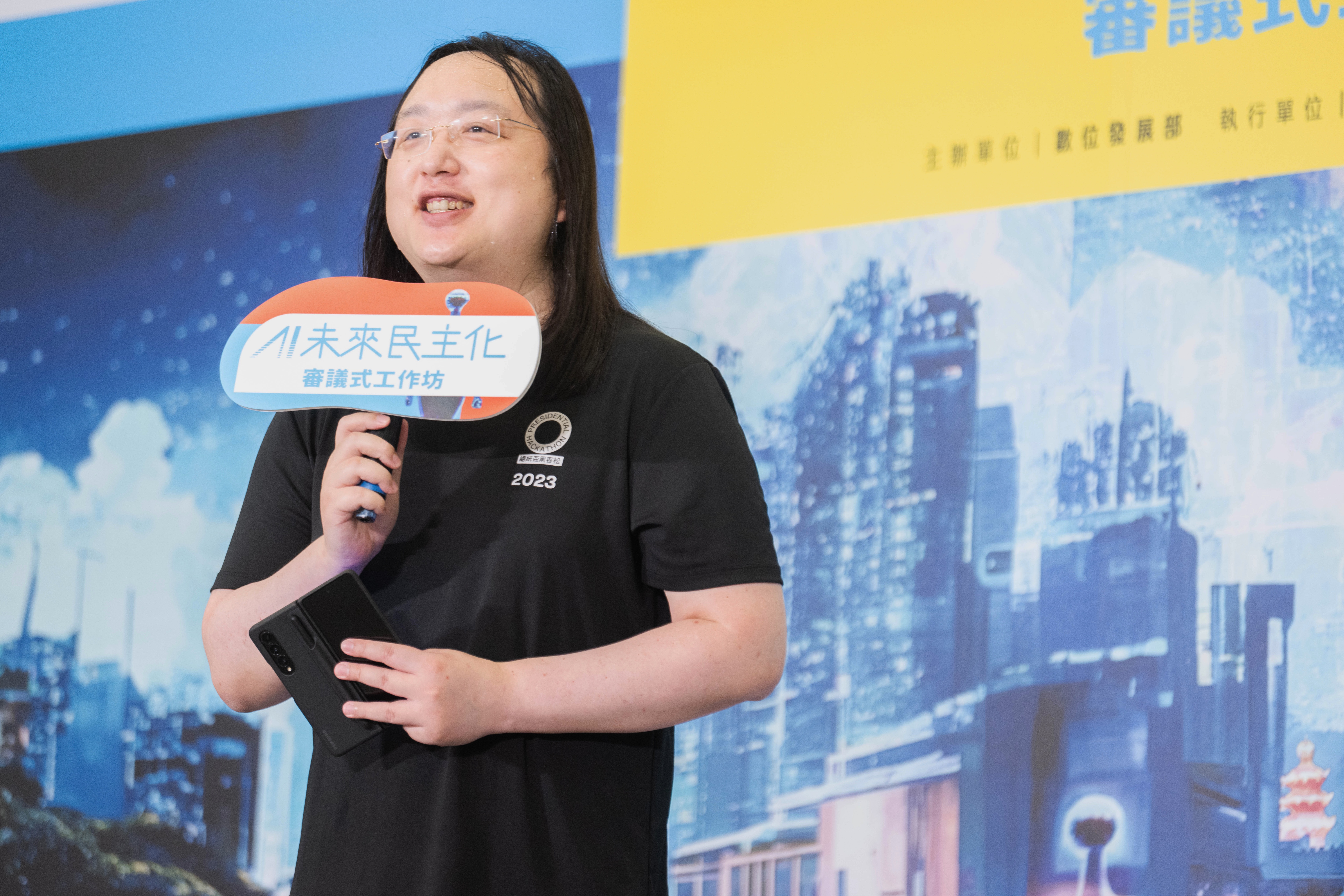Moda Holds Deliberative Workshops to Discuss Development and Ethical Issues of Generative AI
The Ministry of Digital Affairs (moda) stated that, in light of the recent rapid development of artificial intelligence (AI), there have been concerns about the transformation and risks brought about by generative AI. The moda held two workshops on "Democratizing AI Futures" on August 26 and September 2 this year, respectively, to invite relevant stakeholders to discuss how to respond to the development of generative AI. Tsung-Tsong Wu, the Minister without Portfolio of Executive Yuan and Minister of the National Science and Technology Council, also attended the workshop on September 2.
In his speech, Wu emphasized the importance of the development of generative AI in all government departments. Effective implementation of generative AI can enhance the efficiency of various government policies. Citizens are also stakeholders in the application of this technology, and therefore, the moda's democratic deliberation on AI-related issues was highly appreciated. Minister Audrey Tang expressed the expectation that this event would provide a good platform for discussing AI ethics issues. In the future, relevant regulations and educational training mechanisms will also be established to assist the government in utilizing AI to improve administrative efficiency and promote mutual trust between people and the government.
The two deliberative workshops were held in Taipei (at the Center for Public and Business Administration Education, NCCU CPBAE) and Tainan (at the Cybersecurity and Intelligence Technology Research and Development Building). The moda invited industry, government and academia experts, as well as individuals who are interested in AI issues to participate. The aim was to shape the future development of AI through a deliberative model involving public participation. Through processes such as group discussions, exchanges, and debates, various issues were explored, including internal government applications, emerging regulatory mechanisms, information identification and fair use, data openness and widespread application, redefining intellectual property, and the impact on education and human cognition, to collectively discuss the future of AI.
In addition, in response to the recently published "Administrative Guidelines for the Use of Generative AI by the Executive Yuan and its Affiliated Agencies", generative AI interactive exhibits deployed in local environments that comply with regulations were also exhibited, as demonstration references.
Minister Tang stated that since the widespread adoption of generative AI, AI services now cover a wide range of areas, including translation, drawing, programming, and even providing inspirations, becoming important assistants in various industries. However, AI also has a huge impact on society. For example, a few criminals use it to impersonate others' faces and voices. This not only causes property losses, but also affects interpersonal trust. Once AI is manipulated by authoritarian regimes and malicious individuals, it will greatly disrupt democratic systems.
Minister Tang pointed out that, currently, the most advanced generative AI models are often trained by a single company and then provided for global use. However, cultures and values in different regions often lead to significant differences. Models from a single source not only tend to be biased towards specific groups but also struggle to adapt to the diverse nature of the world. The modal is now an official partner of the international non-governmental organization "Collective Intelligence Project (CIP)," and has launched the "Alignment Assemblies" projects in collaboration with industry partners such as OpenAI and Anthropic. Through the "Ideathon" platform, they have initiated dialogues on the "Democratization of AI" and organized deliberative workshops to discuss how to respond to the development of generative AI. The aim is to make our country the first to use language models, assisting citizens in deliberation to align with AI values.
Minister Tang stated that through discussions and feedback from participants, they have come to understand that addressing different societal expectations regarding AI ethics is crucial in all aspects, from data collection and processing to data utilization. The content of these two discussions will also be used to adjust the language model and promote the development of Taiwan's unique AI. In response to the expectations of various sectors for the correct application of AI in public governance, the moda will collaborate with the "Technology, Society, and Democracy Center" think tank of the National Science and Technology Council to establish relevant regulations and education and training mechanisms. This will assist the government in enhancing administrative efficiency through the use of AI while maintaining a responsible and trustworthy attitude, preserving independent thinking and creativity, and promoting mutual trust between the people and the government.


